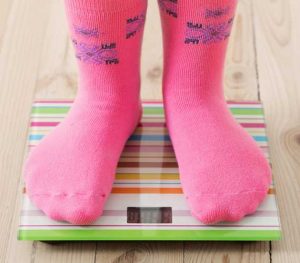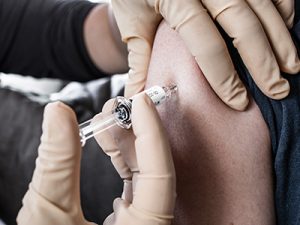
Staying safe during NCMP campaigns is probably not something you’d have thought about beforehand, but Coronavirus has changed all that. Although NCMP campaigns have been suspended recently, at the end of the day it is a mandatory programme. And Public Health England have just announced (November 2020) that it must restart from January 2021, at the latest. So, it’s most likely that it’ll return before widespread vaccination becomes available.
To help Service Providers, we’ve put together some suggestions to help you to stay safe during your NCMP campaigns, when they do restart. There’s plenty that you can do to minimise risk. Let’s start with preparation before you get to schools.
Plan to Stay Safe During NCMP Campaigns
We recommend that you start planning as early as possible, earlier than you may have in the past. Be flexible in your approach, too. Have conversations with each school about access well in advance. Don’t forget that they need reassurance, too. Keep a conversation going with them and update them of progress throughout. This should include providing details of who you need to see and who you don’t need to see when you’re on-site.
Finding space to work in a busy school is always a challenge. More so nowadays. Schools need more space to be safe. So do you. This’ll require flexibility and a degree of compromise all round. Think of your past experiences in each school and try to work out a range of possible solutions in advance your conversations.
With the advent of bubbles in school, you may need to rethink your processes and how many times you need to visit. Similarly, if classes/bubbles are isolating, you need to manage accessing those children later.
Also, class lists. Whether you get them from schools, CHIS or local councils, ask early for electronic files, so they can be uploaded to systems before you visit the schools.
Make Parent Communications Safe as well as Secure
The NCMP is, of course, an ‘opt-out’ programme. See our blog from 2019 on the subject, for more information. There’s an increased risk of opt-out by parents that believe there’s an increased Coronavirus transmission risk with the programme. They’ll need reassurance, so parent communications are even more important this time around.
Traditionally many Providers have relied on paper forms to communicate and manage opt outs with parents. That really should be avoided if you’re to minimise transmission risk and stay safe during NCMP campaigns.
It’s true that there’s less evidence about fomite transmission of the virus (from hard surfaces) than there is about airborne droplets and aerosols. However, experiments have shown that coronavirus can live on surfaces, including paper and cardboard for up to 72 hours. So, to be safe, as well as to cut costs, we advise against paper-based communications.
Consider electronic communications. The SchoolScreener® Parent Portal is available for all of our applications now, not just SchoolScreener® Imms. Take advantage of this. It opens a secure, GDPR-compliant electronic communication with parents, both before and after measurements are taken. It’s also useful for sharing information, such as PDF versions of leaflets, saving time and money, as well as reducing transmission and data security risks. Email alone is not secure and should not be relied upon.
Since the pandemic, our customers using the Parent Portal have seen a 40% uplift in parental engagement through the Parent Portal, compared with the same period last year. Ask for more details.
Parent letters, with graphs if required, showing their child’s BMI in relation to national averages can be distributed through the Parent Portal. Apart from health and data security improvements, using this method reduces the chances of children seeing parent letters before the parents do. This has been highlighted by PHE as a mental health risk.

In-School Workflow Safety
Consider your work in-school. Work out ways to make your workflow safer. Have a ready supply of alcohol wipes available and extra equipment to allow for drying times. If possible, consider having 2 members of staff present, one to deal with the child and one to record results. The faster the children move through the process, the safer it’ll be.
Alternatively, there may be pressure to reduce the number of Provider staff visiting the school, so careful planning and school communication is essential.

We recommend that you do not share laptops. Work online as much as possible and try to avoid printing and handling paper as much as possible. If there are still wi-fi blackspots in some of the schools you visit, remember that with SchoolScreener modules, including NCMP, you can still work offline and synchronise data later, once back online.
In Summary
- Plan early and be flexible with your approach to schools; they’re under immense pressure, too.
- Be prepared to negotiate space to work and access.
- Parent communications can be made safer by reducing reliance on paper. Electronic communications can be more secure, as well. Don’t just rely on email, from a data security perspective.
- Focus on in-school workflows from the perspective of your own safety and that of the children and school staff, too.
- Work online as much as possible.
For more product information, see SchoolScreener® NCMP and request a safe, online demo for you and your colleagues. Above all, please stay safe during NCMP campaigns when they resume.




